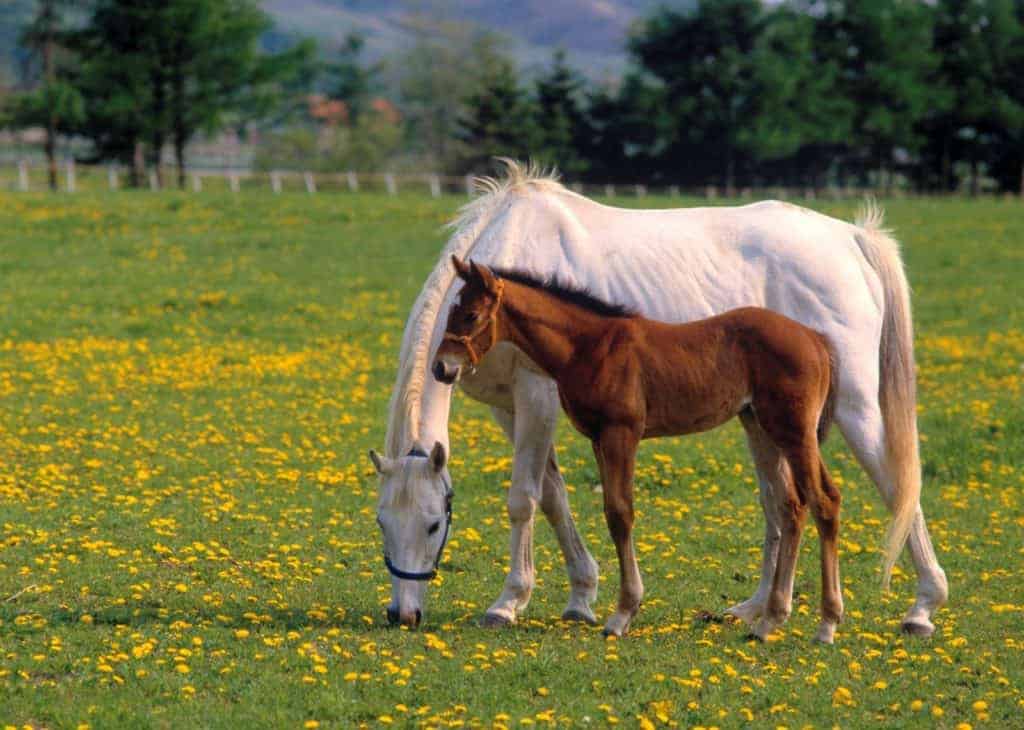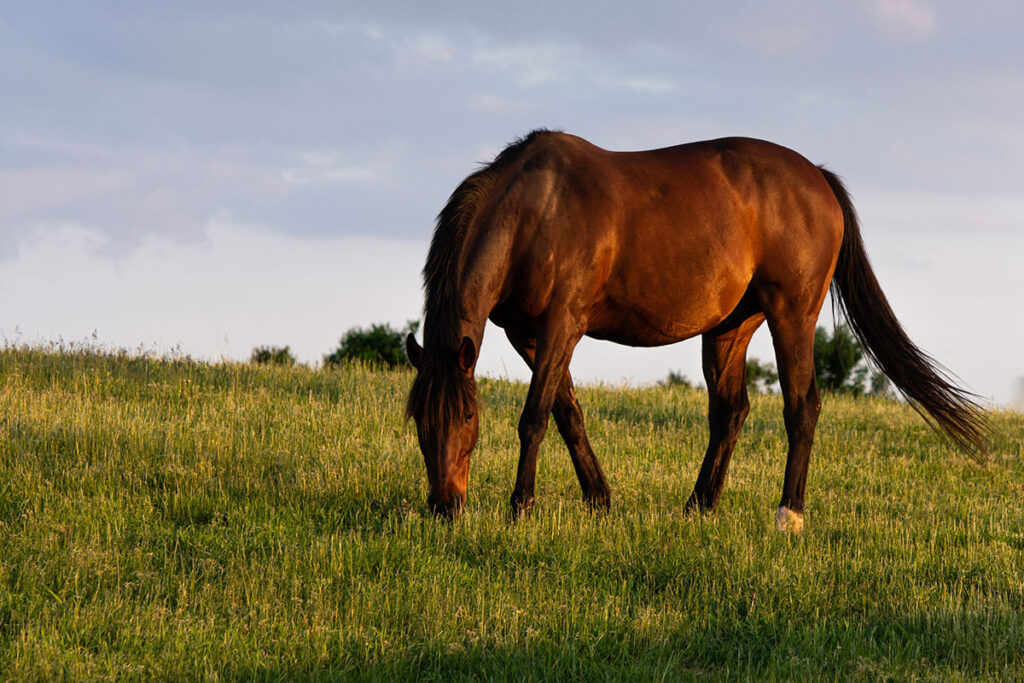
Collecting and Processing Equine Semen for Cooled Transport
From collection to artificial insemination, semen processing and transport must be carried out meticulously to maximize horse fertility rates.
Horse breeding from planning through foal care

From collection to artificial insemination, semen processing and transport must be carried out meticulously to maximize horse fertility rates.

Reserve antibiotics in equine reproduction for proven infections, not routine use. Vets should utilize alternative treatments to reduce AMR risk when possible.

What drives equine aggression—and how can training help? Find out in this article from The Horse’s Spring 2025 issue.

Learn how to feed growing horses correctly to avoid developmental orthopedic disease.

Review how CEM spreads between horses, the most recent outbreaks, and biosecurity measures to prevent outbreaks in breeding and other horses.

Watch for these 10 emergencies in the hours after a mare foals. Immediate action could potentially save the mare’s and/or foal’s life.

Your horse’s nutritional requirements depend on his life stage and individual needs.

Discover why this common pasture grass is good for grazing but bad for broodmares.

Dr. Nancy Diehl addresses a question about why a mare might respond differently to training after having her first foal.

Learn how to adjust your mare’s diet to support a healthy pregnancy, ensure adequate milk production, and maintain her body condition during this critical time.

Learn how to tailor your mare and foal’s feeding program from late pregnancy to weaning with expert guidance.

Proteins and the amino acids that form them play important roles in the horse’s body, from muscle building and function to neurotransmission and hormone synthesis.

Here’s how veterinarians manage problems such as foal diarrhea, dehydration, and milk replacement challenges on the farm.

Sometimes mares don’t produce enough milk to support their foals’ demands. Here’s what you can do to help.

Researchers believe PPID (formerly called equine Cushing’s disease) might have negative effects on mare fertility but need more research to understand why.

Testing asymptomatic horses for EHV-1 at equestrian events is crucial for early detection and preventing potential outbreaks.
Stay on top of the most recent Horse Health news with
"*" indicates required fields